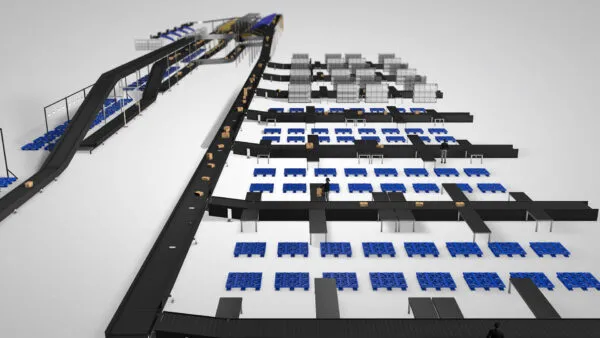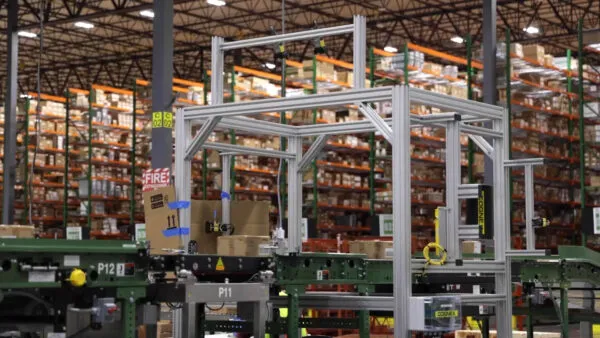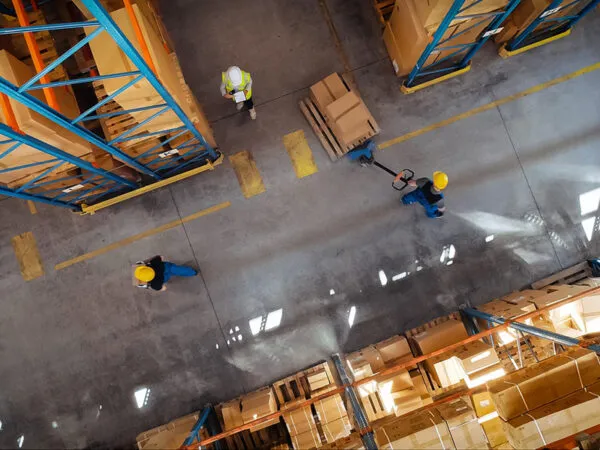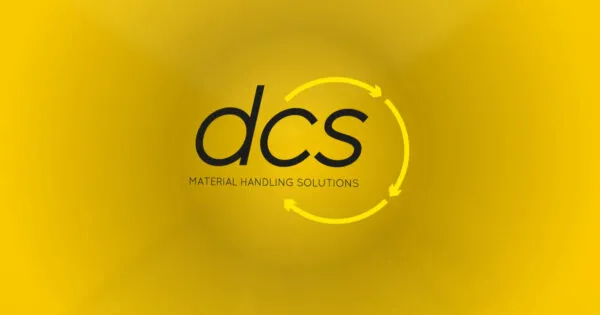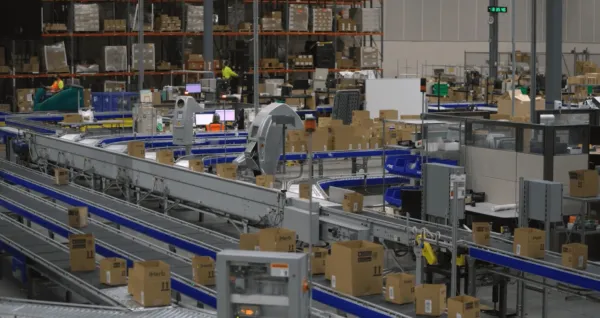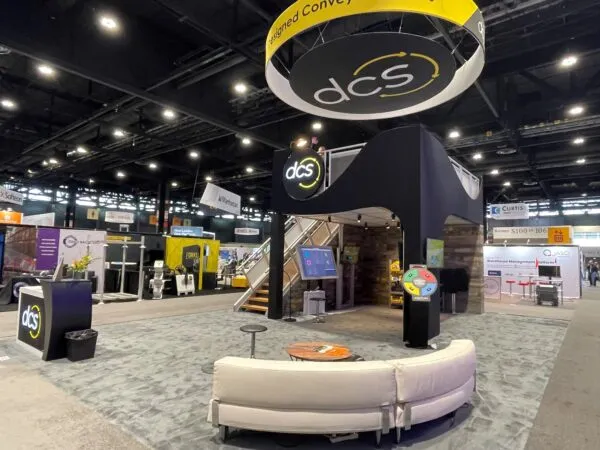Of all the moving parts associated with a DCS system design and integration project for a customer, one of the most complex—yet least understood—might be the compliance piece. Yet making sure that DCS is properly authorized by various state, local, and municipal government entities is critical to ensuring that we can complete the work a customer has tasked us to do. My job is to figure out what the requirements are and make sure we meet them so that our customers’ projects stay on-time, in-scope, and on-budget.
For that reason, I work closely with both our account executive and project management teams on each project—from bid to close—to verify that all the requirements have been properly met. My role includes confirming (or acquiring) the business or contractor licenses we need and collaborating throughout the permitting process to ensure that a permit is secured which may be necessary to build and install a project. I also provide proof of bonding as needed and secure certificates of insurance (COIs) for worker’s compensation and liability coverage as required by both government entities and customers.
Customers used to take it for granted that their contractors and system integrators (and those entities’ sub-contractors) were properly licensed and permitted. Today, they are increasingly requiring us to provide that documentation as part of the contracted agreement, or to maintain it on file for easy access should they request an audit.
DCS has always worked to be ahead of the curve on compliance. Indeed, because our leadership recognizes that having the right paperwork in place is so critical, DCS created (and continues to refine) my role as one more part of the high level of quality service we provide to our customers. Just as DCS has emphasized building trusted partner relationships with original equipment manufacturers (OEMs), and refined its processes surrounding engineering, on-site project management, transportation and logistics, establishing and executing best practice processes in compliance is another way we deliver a superior experience to our customers and clients.
In fact, to my knowledge, DCS is one of the few system integrators with a dedicated compliance resource. I know because I often field calls and emails from project managers working for other system integrators asking me for guidance in licensing and permitting because they have no internal resource.
What Compliance at DCS Entails
Because DCS’ projects span all 50 states, there are a broad and diverse range of requirements at the state, county, and city levels that must be met in order for us to execute an installation in a given location. Whenever our sales team opens a project bid, I verify that we are properly licensed to submit a proposal in a given state. Certain states require that companies bidding on projects within their borders be properly licensed to do so; we hold those licenses, enabling us to bid projects throughout the U.S.
As a general rule, DCS contracts directly with the company that is either building and equipping a new greenfield facility for distribution, e-commerce, or parcel handling or retrofitting an existing operation. Although we don’t get involved with the construction of the building envelope, we still work directly with the general contractor engaged by the customer.
We also prefer to hold our own general contractor licenses in each state for which it is required because it gives us more control over our portion of the project, if needed. Some states require individuals to hold the general contractor license; others issue a registration to DCS as a qualified business. I keep track of those credentials, their renewal requirements, and any relevant documentation.
Once a contract has been awarded, the permitting phase of the project begins. The physical location of the job site drives the number and type of building permits that must be obtained. While it might seem obvious simply by looking at a site’s address, often the authority holding jurisdiction (AHJ) may be less clear.
That is to say, “Anytown, Tennessee” may be governed by the city of Anytown, or the county in which Anytown is located (or both). Some sites straddle two different municipalities or two different counties, which may require permits from both or, a written agreement between the two government entities. I spend a lot of time studying maps, tax records, parcel, and property identification numbers, as well as connecting with the staff at the planning, zoning, and development offices in these areas.
I aim to complete my own investigation into the permitting requirements (number of stamped engineering drawings required, forms requiring completion, fees, and more) within two weeks so that when the project kicks off the project management team is ready to go. At the conclusion of my research, I meet with the project managers in a formal handoff meeting to review my findings, verify that all licenses are in place and permits are ready to be applied for, answer any questions, and note anything particularly unique in terms of the building codes or other regulations in a given municipality or county.
At that point, I step away until the conclusion of the project, at which point I ensure that all the permits have been final approved by the AHJ and closed out on both their end and ours. That said, I am always available to our project management team should a need arise at any time during the project’s execution—evenings or weekends included.
I also work to ensure that all of DCS’ sub-contractors engaged on a specific project hold the proper business licenses. Moving forward into 2023, I will be collaborating on a new scope of compliance focused on the vendor quality control process. This will aim to capture all of this information from our sub-contractors as a requirement to work with DCS. As a result, our customers will gain an additional layer of assurance that their project has been vetted by the proper authorities.
Finally, a compliance manager’s work is never done! Not only do the requirements differ from project location to project location, but they also change routinely. Every calendar year there are new codes issued, new licenses and permits required, and even shifts in AHJs. Part of my role is to stay on top of all these changes and ensure that DCS remains compliant so our customers never have to worry that our portion of their project will be compromised.
Want to learn more about how DCS’ compliance best practices set us apart from other system integrators? Connect with me through DCS.
Author
Michelle Blodgett, Compliance Manager, michelle@designedconveyor.com
